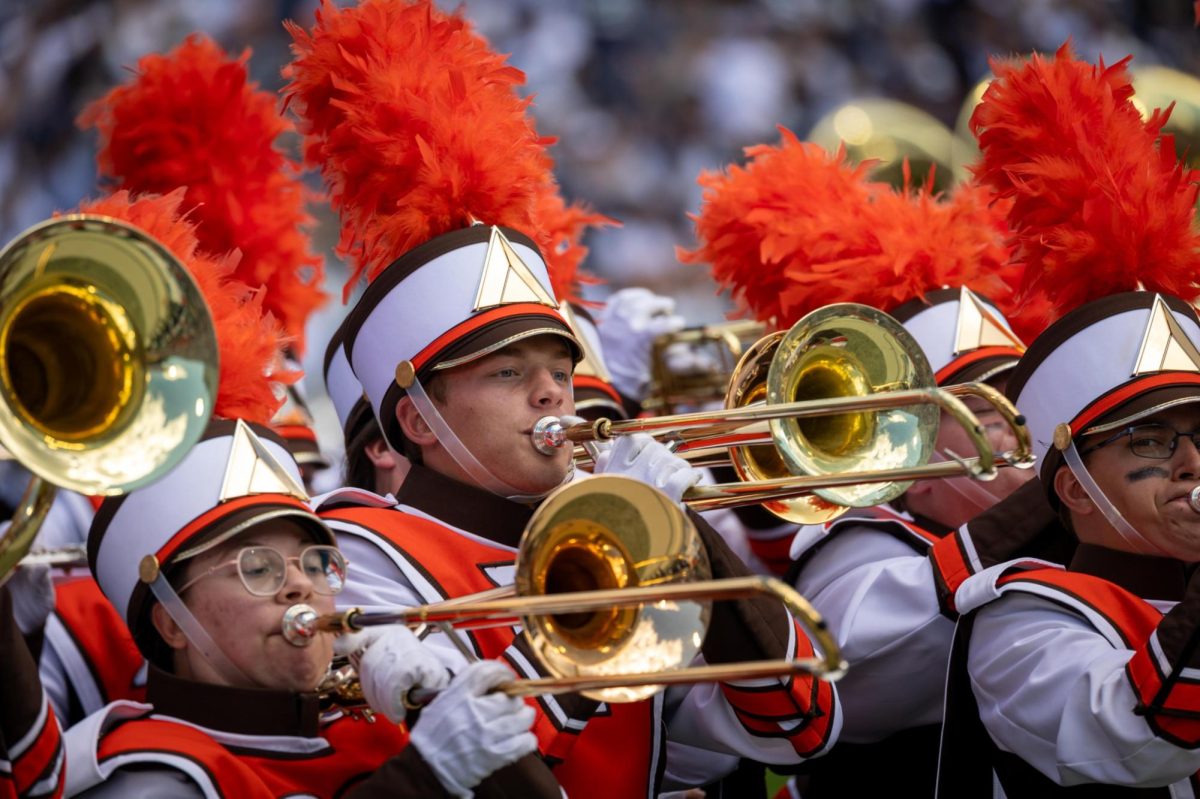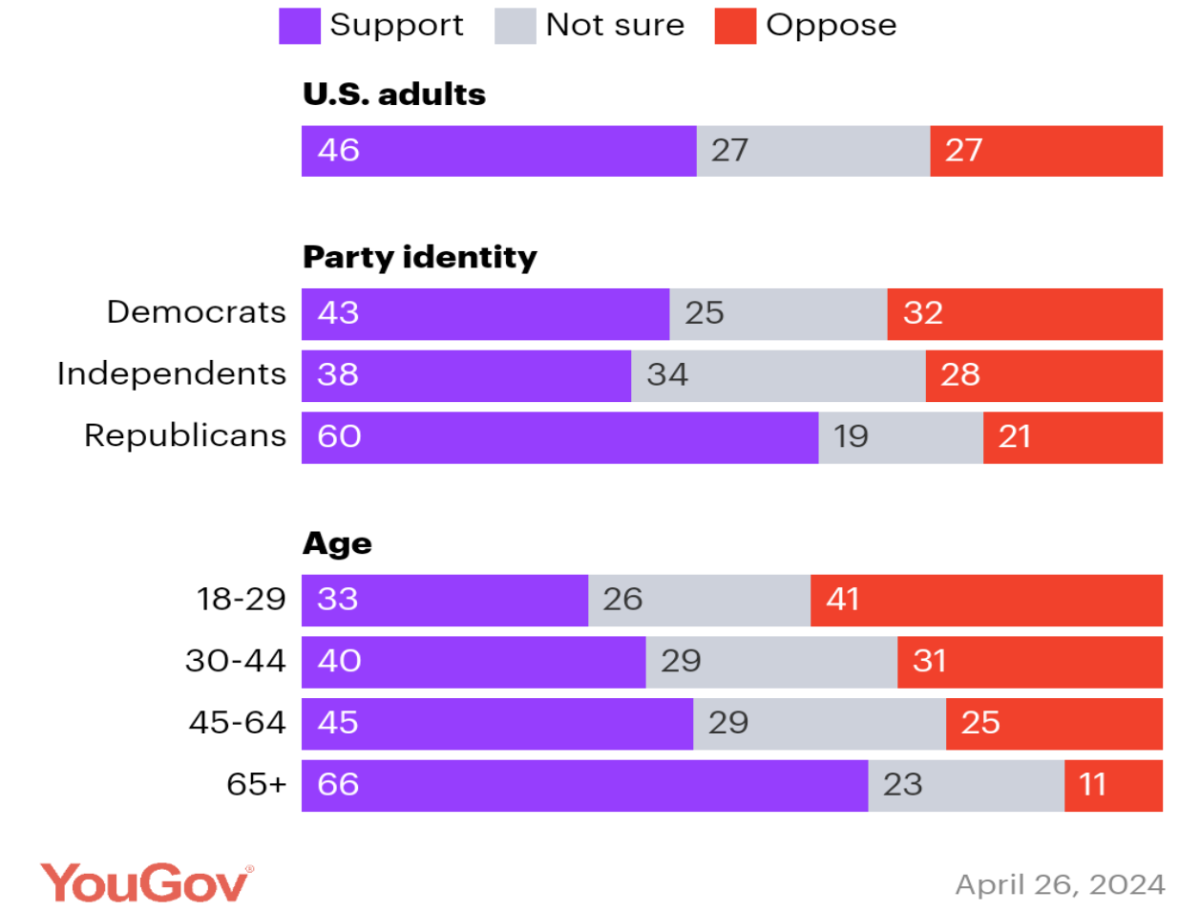Graduate students may be finding themselves covering more and more of the cost of their education themselves as the University has cut graduate assistant funding by more than $14 million since 2009.
The cuts are due to less State Share of Instruction money from the government.
Funding for equipment, the library and consulting have also been reduced $12.3 million while salaries and benefits were reduced by $4.5 million, according to budget documents provided by Chief Financial Officer Sheri Stoll. Other parts of the budget did see small increases such as utilities and supplies in that time frame.
SSI money is given to universities by the state based on how many degrees are given and how many credit hours are completed.
In 2009, the University received $88.18 million from the state. In 2014, the number plummeted to $61 million, a $27.18 million decrease, according to the budget documents.
To make up for its losses, the University turned to raising tuition, as it did each year from 2010 to 2013, and cutting employees and services.
“We tried not to do straight across the board cuts because it’s the least strategic cuts,” Stoll said.
Instead, it happens at the college and departmental levels.
The University leaves the cuts up to college deans.
“It depends on where a department wants to invest,” she said.
Some departments may have had to move services online, allowing them to reduce staff or resort to outsourcing, Stoll said.
To make those decisions, the University typically looks to what other universities are doing in the state.
“At most universities, graduate scholarships have been reduced for the past 15 years,” Stoll said, noting that most graduate students get full-ride scholarships to the University. “Almost all graduate scholarships are funded by the state. And as the state decreased, funding decreased.”
The University didn’t want to reduce undergraduate scholarships because of the amount of student debt at that level and because undergraduates make up 85 percent of the University, said Rodney Rogers, provost and associate vice president for Academic Affairs.
“Few undergraduates receive full-ride scholarships,” Rogers said. “Undergraduates are paying [for an education], so should graduates.”
Martha Schaffer, vice president of Graduate Student Senate, understands the logic that all students should have to pay for their education, but that can change the demographics of graduate students.
“I think most people comes to graduate school because they have the money available to them [from University funding],” Schaffer said. “This will make it harder for people to get into school. People will come in because they can pay it [out of pocket] or they’re employers will pay for it because they’re advancing their career.”
Fortunately for Schaffer, these cuts haven’t affected her funding while she completes her doctorate in Rhetoric and Writing in the English Department.
Schaffer said GSS had been in talks with the administration when they began making the cuts so it wouldn’t affect current students but incoming students.
These cuts are a quick solution to a bigger problem— enrollment.
“If SSI is going down, what that tells us is enrollment is going down,” Stoll said. “Fewer students are taking courses and fewer students are graduating.”
In 2009, the University granted 4,523 degrees, dropping to 4,044 in 2012, according to data from the Ohio Board of Regents. These degrees range from certificate to doctorate, but the bulk of degrees are bachelors.
Those numbers are reflected by the incoming freshman classes of 3,650 in 2005 to 3,079 freshman in 2008, according to University enrollment numbers.
However, the University does expect to see a rise in degree completion this year, as the class of 2014, the second largest freshman class in University history with 3,905 enrolled in 2010, graduates in May, said Joe Frizado, vice provost for Academic Operation.
“Because half [of SSI] comes from degrees and because a big group is graduating, we’ll get more money because we happened to bring in a big class,” Frizado said.
However, receiving state funding is not just an internal struggle, as all Ohio universities are competing for the same finite pot of money.
The University could have an increase in degree completion, granting it more state funding, but so could The Ohio State University, Frizado said.
Stoll explains it as sharing a pizza.
“The size of the pizza is what it is,” she said. “If the other people eating with you get a bigger piece, someone’s piece gets smaller.”
Universities also have to project to the state how many freshmen from three years ago are graduating for the current year, Frizado said.
When the universities project accurately, everyone gets the proper amount of money in the form of two checks given at in the first and second half of the academic year.
Once the actual number of degrees completed are reported to the state, if any university underestimated how many degrees were completed, the state has to reallocate more money to it, taking away money from the other universities’ second checks.
If a university overestimates, the other universities get more money in their second checks.
“With that second check, you don’t know if its good news, no news or bad news, even though you’re geared up [for a certain amount of money],” Frizado said.
Where Frizado said the solution lies is in student success and quality over quantity of incoming classes.
The University will see how this solution works when the class of 2017, the smartest incoming freshman class of roughly 3,500 graduates.
“A smaller class that graduates with more degrees is better than less degrees from a larger class,” Frizado said













